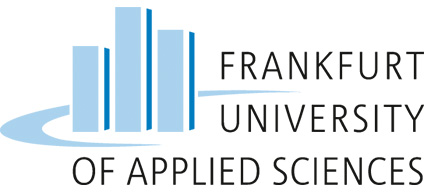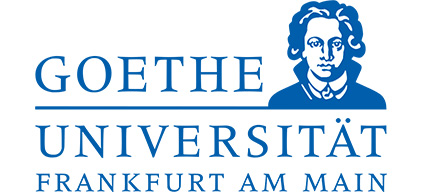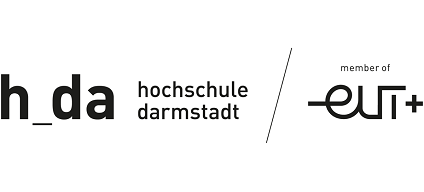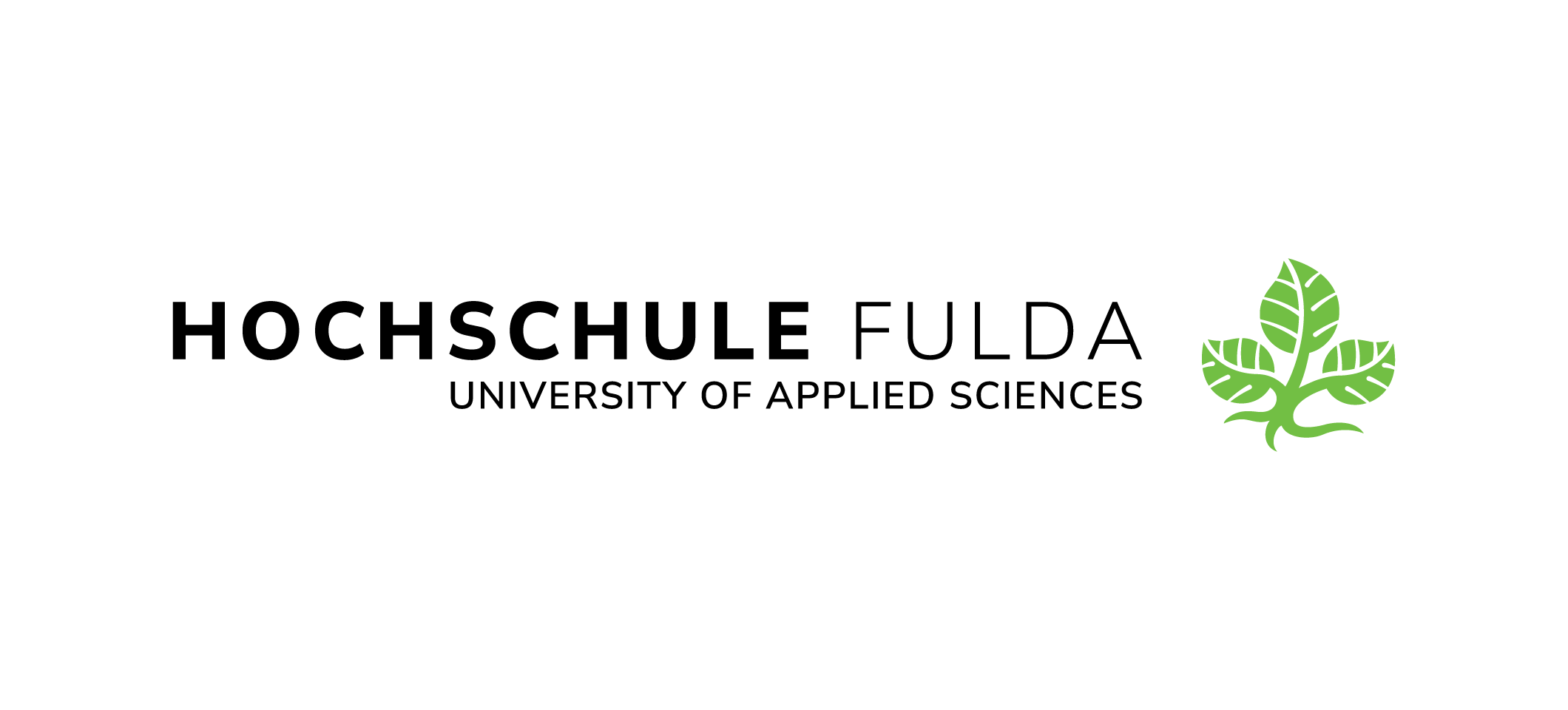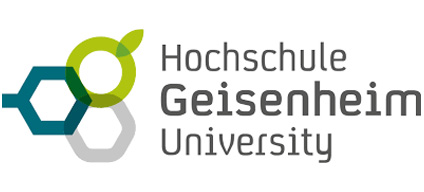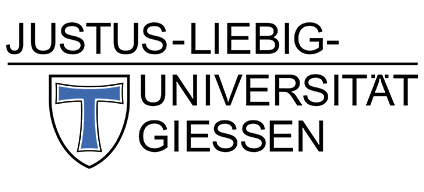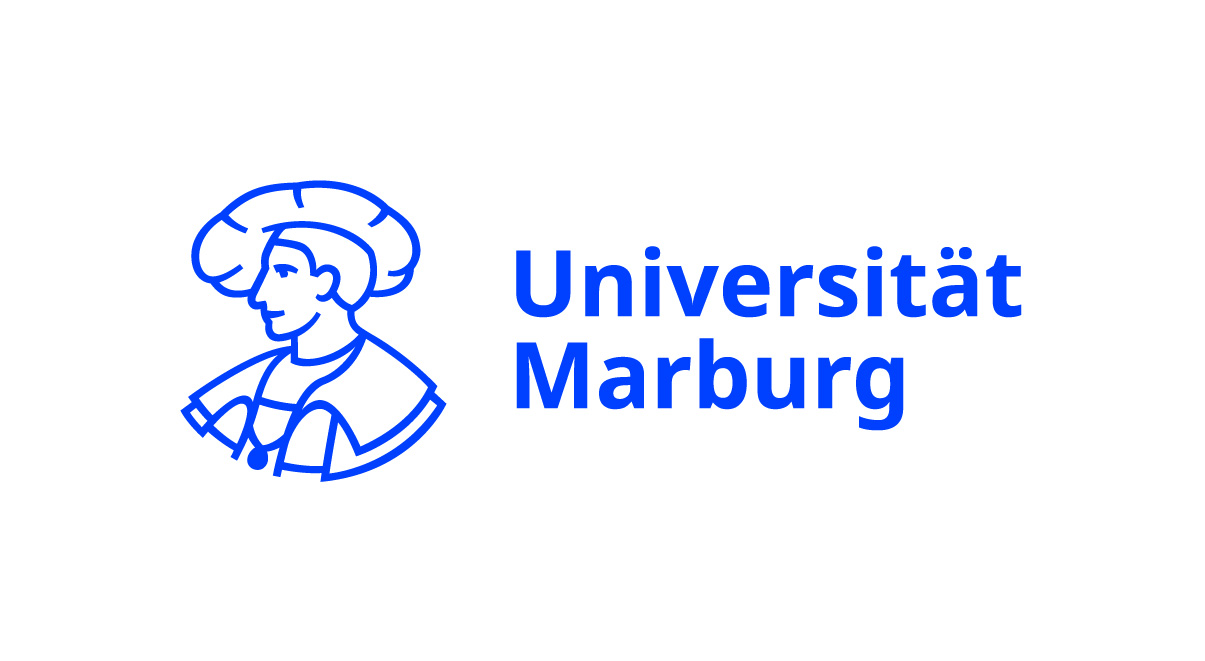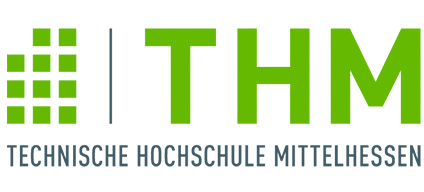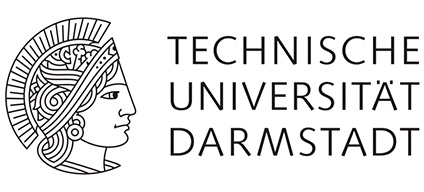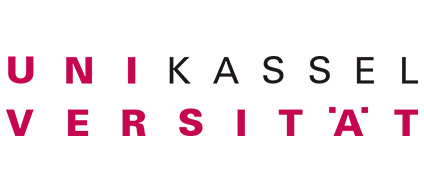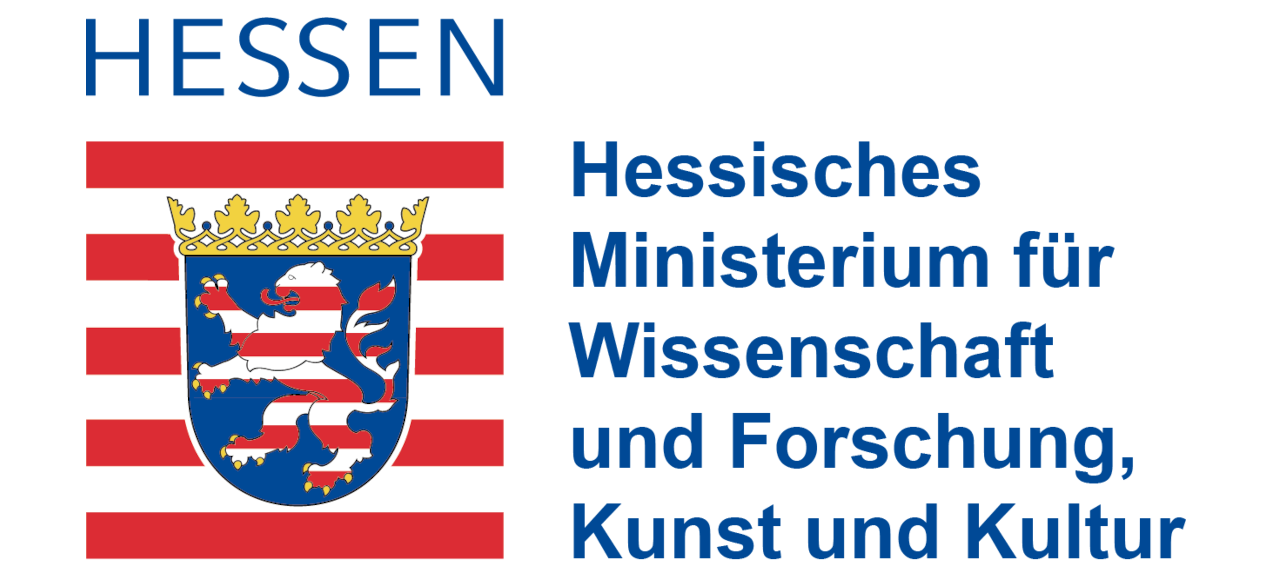Main Content
TRUST – Training for Sensitive Research Data Management

TRUST (Training for Sensitive Research Data Management) was sponsored as one of five winning projects in the nationwide ideas competition “Science in Digital Transformation” funded by the BMBF. As a building block in Philipps University's strategy to anchor the teaching of data literacy in undergraduate degree programmes, TRUST assessed didactic scenarios for teaching skills using the example of particularly sensitive research data.
Project term: 2018-2019
Project management: Stefan Schulte
About the TRUST project
Managing digital data has long become a natural part of scientific activity in all subject fields. However, there are numerous problems and uncertainties in dealing with this research data. The issue is particularly challenging when it comes to sensitive data, such as personal data. Various questions arise here: What data protection regulations must I take into account? How do I have to document my data collection and processing? What software may I use for this? Where may I store the data? How secure are certain systems? What data processing can I justify ethically? What data do I have to keep? How do I have to archive data? The list of possible questions could easily be continued.
In order to train students in these and other issues, the Philipps University acquired the project “TRUST – Training for Sensitive Research Data Management” and successfully implemented it in the winter semester of 2018/19. In the project, student groups – 3-6 people each – worked on specific case studies and developed concrete concepts on how to deal with sensitive data in the given example. The case studies were taken from real research projects and were contributed by various researchers of the Philipps University. The student groups worked independently on their respective case studies over a period of two months. During the two months, the Philipps University offered workshops on the following topics, which helped the groups to work on their respective examples:
- Basics of IT security
- Anonymisation of qualitative data
- Introduction to data protection according to GDPR
- Practical workshop on encryption
- Practical Workshop Anonymisation / Pseudonymisation / Encrypted Communication
- Research ethics
- Archiving / publishing data
Within the framework of TRUST, competences were taught which are not anchored in the curriculum as a standard so far. Through the implementation of the programme and the subsequent evaluation, models are being developed for the integration of such content into the degree programmes at Philipps University. If you have any questions about the overall project, we look forward to hearing from you (E-Mail).
